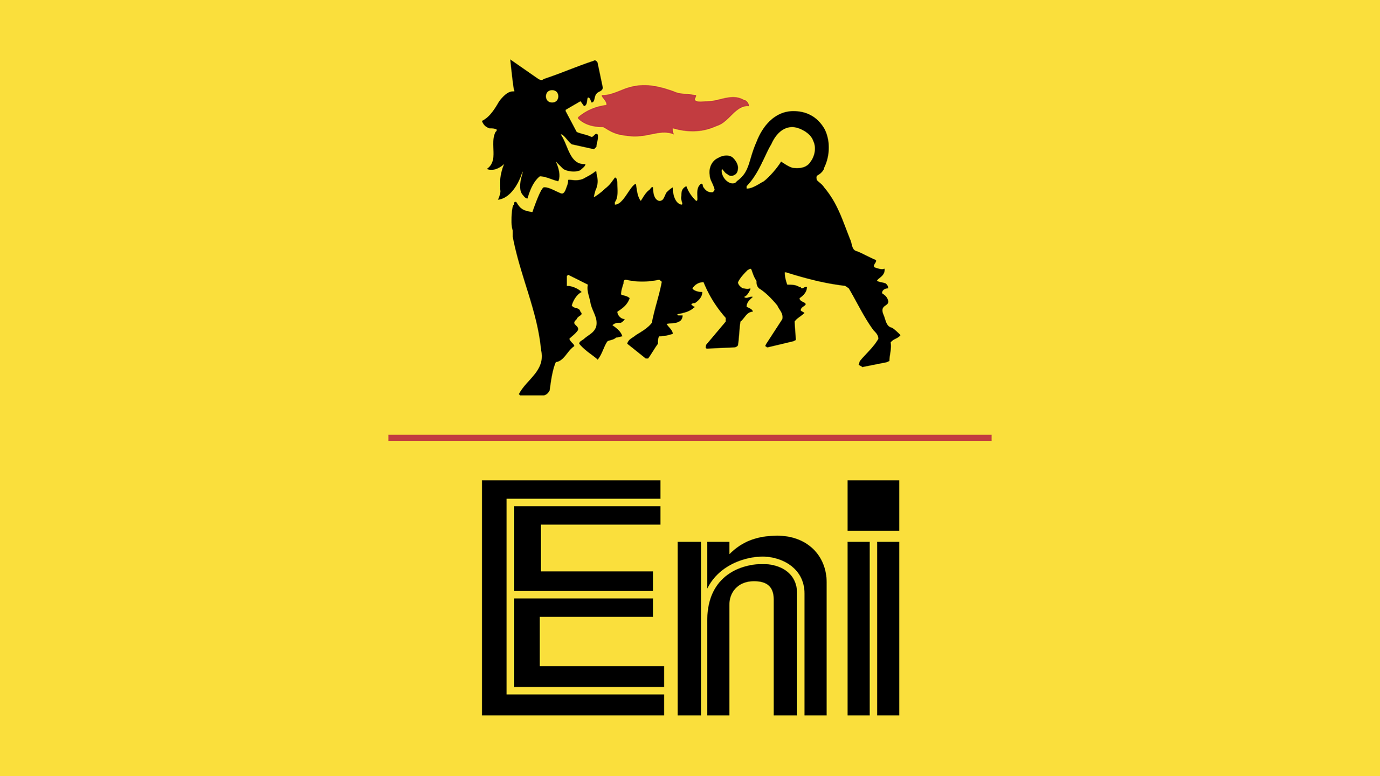
Why Skills-First Leadership Is Replacing the Ivy League Playbook in the C-Suite
The old prestige pyramid—where Ivy League degrees and blue-chip consulting backgrounds paved the way to the CEO seat—is cracking.

July 31, 2023: Italian energy group Eni reported nearly a 50% decrease in adjusted complete returns in the second quarter because of weaker commodity expenses. Still, a strong gas business performance helped it beat forecasts.
Adjusted net profit in the period came in at 1.94 billion euros ($2.13 billion), down from a bumper result of 3.81 billion euros before a year but above an analyst consensus of 1.64 billion euros.
The state-controlled group raised its 2023 guidance for its gas business (GGP) after it underpinned its results in the second quarter with an adjusted operating profit of 1.1 billion euros, more than double the 0.5 billion analysts had penciled in.
Following Russia’s invasion of Ukraine last year, Eni moved quickly to replace Moscow’s gas supplies with the fuel it extracts in African countries, strengthening its position in the gas markets.
It said that trading activity related to its enormous gas portfolio and re-negotiations and settlements about contracts were the factors behind the excellent performance of the division in the last three months.
Eni now expects the gas business to reach adjusted revenue before interest and taxes (EBIT) figures of between 2.7 billion and 3.0 billion euros for the year versus the previous guidance of 2.0-2.2 billion euros.
It also improved its full-year outlook for its low-carbon unit Plenitude. This year, it trimmed plans for capital expenditure to below 9 billion euros from a previous estimate of 9.2 billion euros.
Group’s expected adjusted EBIT for this year is confirmed at 12 billion euros, even after considering weaker oil and gas prices.

The old prestige pyramid—where Ivy League degrees and blue-chip consulting backgrounds paved the way to the CEO seat—is cracking.

Loud leaders once ruled the boardroom. Charisma was currency. Big talk drove big valuations.

But the CEOs who make history in downturns aren’t the ones with the deepest cuts

Companies invest millions in leadership development, yet many of their best executives leave within a few years. Why?

The most successful business leaders don’t just identify gaps in the market; they anticipate future needs before anyone else.

With technological advancements, shifting consumer expectations, and global interconnectedness, the role of business leaders

Following a distinguished Law Enforcement career Joe McGee founded The Securitatem Group to provide contemporary global operational specialist security and specialist security training products and services for private clients, corporate organisations, and Government bodies. They deliver a wide range of services, including complete end-to-end protection packages, close protection, residential security, protection drivers, and online and physical installations. They provide covert and overt investigations and specialist surveillance services with a Broad range of weapons and tactical-based training, including conflict management, risk and threat management, tactical training, tactical medicine, and command and control training.

Jay Wright, CEO and Co-Owner of Virgin Wines infectious energy, enthusiasm, passion and drive has been instrumental in creating an environment that encourages talent to thrive and a culture that puts the customer at the very heart of every decision-making process.

Fabio de Concilio is the visionary CEO & Chairman of the Board at Farmacosmo, a leading organization dedicated to mental health and community support services. With a deep commitment to identifying and meeting customer needs, Fabio ensures that high standards are maintained across the board.

Character Determines Destiny – so said Aristotle. And David CM Carter believes that more than anything else. For David, it has been numerous years of research into codifying Entelechy Academy’s 54 character qualities that underpin everything he stands for as a leader and teacher.


Leave us a message
Subscribe
Fill the form our team will contact you
Advertise with us
Fill the form our team will contact you